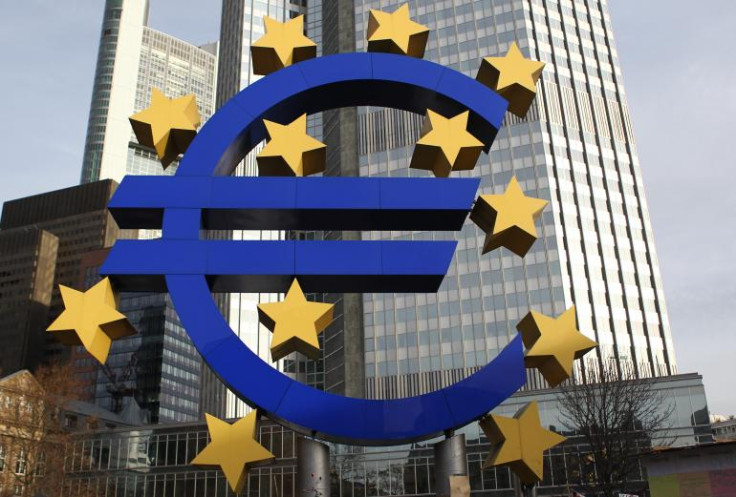Improved Eurozone Confidence Tempered by New German Deflation Fears

Confidence improved in the eurozone in November for the second straight month, but weak inflation figures from Germany and Spain have raised further concerns about demand.
November's Economic Sentiment Indicator, produced by Destasis, showed that morale had risen slightly to 100.8 to 100.7, with the statistics house saying that mood "remained broadly stable".
But news that German inflation was set to hit its lowest point for nearly five years have raised eyebrows again, with the region trundling along just above recession, growing at 0.2%.
Inflation in North Rhine-Westphalia, the most populous state in Germany, fell to 0.7% year-on-year in November, down from 1% - the lowest level since February 2010. This suggests that nationwide inflation reached similar lows.
Eurozone-wide inflation was 0.4% in October. That fears of deflation in the region's biggest economy are now very real is not good news for policymakers in Brussels, which are currently finalising elaborate plans to stimulate its economy. Analysts fear the situation in Germany could worsen still.
"Continued weakness in the energy component will probably push headline inflation down further in the coming months and possibly even tip it into negative territory," wrote Jennifer McKeown of Capital Economics in a note, adding that the "ECB will remain under intense pressure to provide more policy support".
At a speech in Helsinki today, Mario Draghi, the European Central Bank President, confirmed that the bank is to expand its asset purchasing programme to "include all assets".
It's thought that the bank will also print more money in a bout of quantitative easing to come at some point in the new year.
These are in addition to the stimulus announced by Jean-Claude Juncker, the European Commission's President, yesterday.
At the crux of Juncker's €315bn initiative is a €21bn investment fund which will act as seed capital and hope to attract private investment in a host of infrastructure projects across the continent.
For every €1 put into the new fund by Europe, Juncker says it will generate €15 in investment.
© Copyright IBTimes 2025. All rights reserved.






















